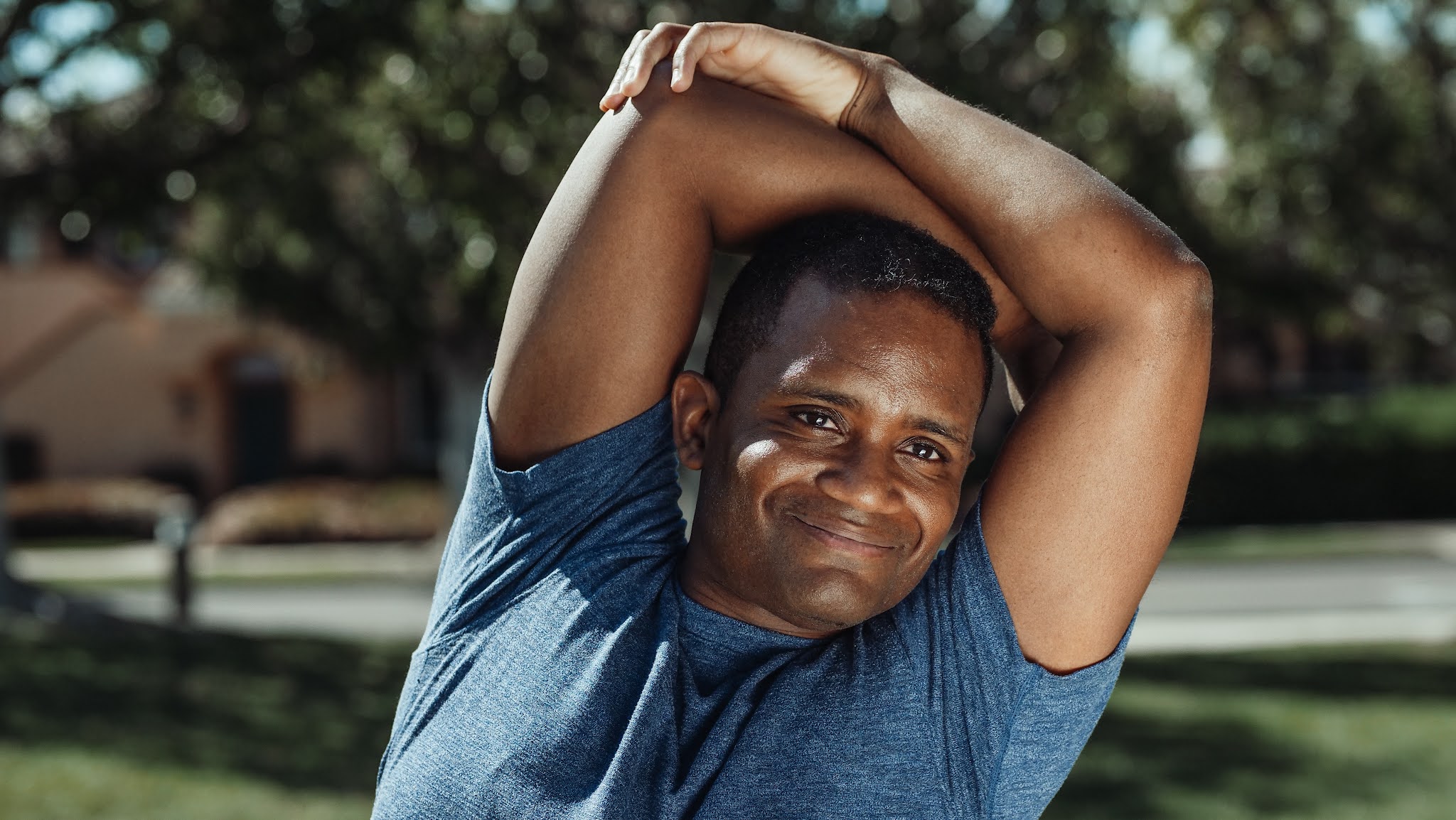1) Exercise


To exercise, you do not need to join a gym. Take a stroll, a bike ride, or a jog around your area. You can feel better by doing push-ups, sit-ups, leg lifts, lunges, and stretching. As part of your endeavour to stretch out to preserve healthy posture and form, you can seek out physical therapy, which may include considerable Professional chiropractic care. A key objective of chiropractic care is to get you physically active by ensuring your muscle and joint health are in excellent condition.
2) Wash your hands regularly
Most viruses are transferred through contact with infected surfaces, such as a doorknob, a water fountain, or a toilet. You touch those objects and then, without thinking, touch your face or take a taste of food. Then you can become sick due to the presence of bacteria on your hand. The oldest solution is to wash your hands frequently. It's not necessary to become obsessed with it. You may remove the bulk of germs by washing them well before eating and after using the restroom.
3) Drinking water frequently
Staying hydrated is essential for your physical health because water makes up the majority of your body. Water is the purest source of hydration and is easily accessible- directly from your home faucet. Hydration improves the efficiency of the body's cells. It's healthy for your dental health, weight, and wallet to cut less on sugary drinks. Proper hydration also washes toxins away from the body.
4) Get the right amount of sleep
Did you know that adults should receive 6 to 8 hours of sleep for improved health every night? According to a study on sleep length and mortality, people who receive less than 7 hours of sleep every night are 12% more likely to die prematurely. However, don't oversleep, as persons who sleep more than 8–9 hours are at a higher risk of being sluggish, unmotivated, and unhealthy. To ensure you get the right about sleep, set consistent sleeping and rising times. This way, you moderate your sleep hours and keep a healthy sleep pattern.
5) Using a fitness tracker

These days, fitness trackers are changing the way people live and exercise. These smart wristbands can track your heart rate, run distance, pulse, and the number of calories you burn when exercising. While many people questioned the accuracy of fitness trackers (and smartwatches) a few years ago, these gadgets' accuracy, reliability, and reputation have all
been considered to have significantly improved in recent years.


